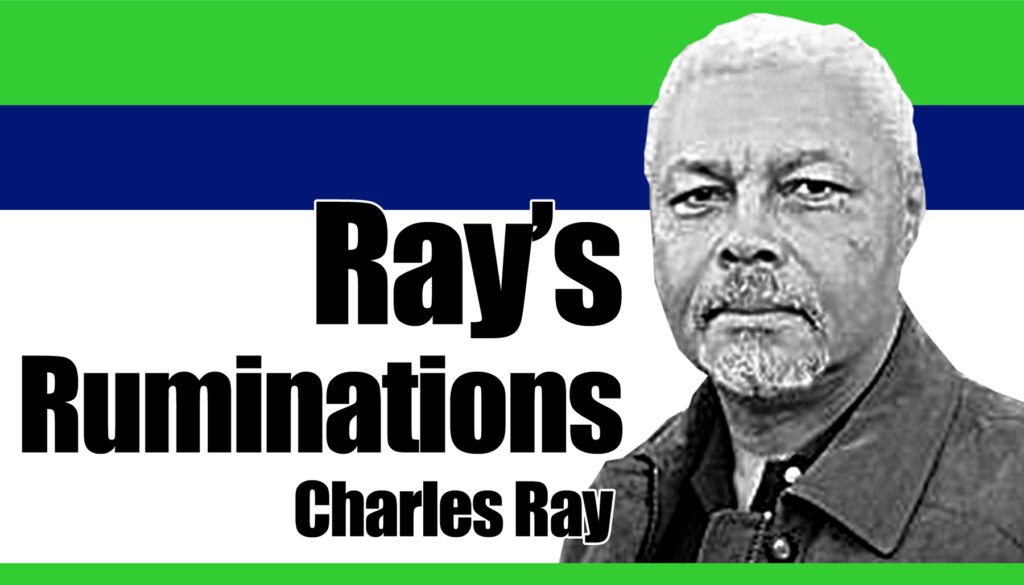
In today’s world, the symbiotic but corrosive relationship between wealth and political influence has intensified to alarming levels, particularly in affluent nations where the machinery of democracy is far too often greased with the oil of campaign donations.
The United States, frequently cited as a beacon of democracy, paradoxically exemplifies the way that big money can skew the political process, sometimes at the expense of the broader public good.
To grasp the scale of the influence, you only have to examine the staggering sums funneled into American elections. Political action committees (PACs), super PACs, shadowy ‘dark-money’ groups, and affluent individual donors pour billions into elections at every level.
The 2010 Supreme Court decision in Citizens United versus FEC removed key restrictions on independent political spending, effectively opening the floodgates for corporations and individuals to invest heavily in the candidates or causes of their choosing. While the ruling was couched in the language of free speech, its practical effect has been to grant outsized political megaphones to those with the deepest pockets.
The influx of so much money transforms elections into high-stakes marketing campaigns where access to resources trumps ideas, policy merits, or the capacity to represent average citizens. Candidates, bombarded with the reality that, to be competitive, they need piles of money, are encouraged to devote more time to fundraising rather than direct engagement with constituents. The result is a system where politicians are more beholden to major donors than to the electorate at large.
The consequences are profound. When such large financial contributions become prerequisites for political success, the policy agenda subtly shifts to reflect the interests and priorities of the rich. Legislation that benefits the wealthy, whether in the form of tax breaks, deregulation, or subsidies for favored industries, is more likely to gain traction, while reforms that address inequality, bolster the social safety net, or take on systemic injustice, languish. The concentration of economic and political power becomes self-reinforcing, eroding the kind of broad-based, responsive democracy to which many aspire.
Money’s distorting influence fosters cynicism, disengagement, and polarization among ordinary citizens. When people perceive that the system is rigged in favor of the wealthy, trust in government decays, voter turnout drops, and the social fabric frays. Disillusionment with the status quo also provides fertile ground for demagogues or populists who promise, often falsely, to upend the system, or ‘clean the swamp.’
Despite these many challenges, a balance is possible. Calls for campaign finance reform, greater transparency, and public financing of elections have grown louder. While meaning change faces formidable opposition from entrenched interests, history offers hope that persistent civic engagement and incremental reform can blunt the worst effects of big money in politics.
Ultimately, the question is not whether money will play a role in politics. It always has, and always will. But, how societies deal with this witch’s brew is what matters, that and how societies can build systems that safeguard democracy from being overwhelmed by the narrow, selfish interests of the wealthy few. | NWI



